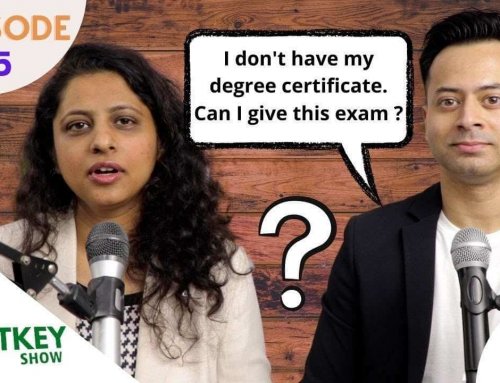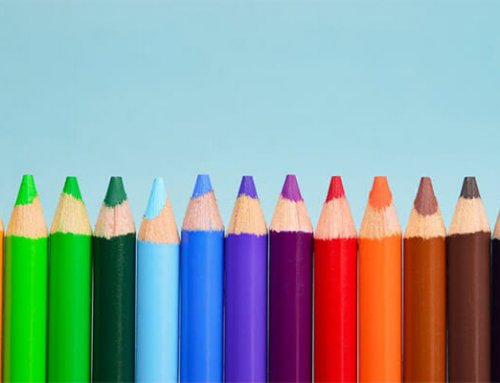The court recently dealt with copyright protection of the very holy “Bhagwat Gita”. The Bhagativedanta book trust alleged that its copyright had been violated by Thomson Press by copying Srimad Bhagwata-a translated, reprinted version of the Bhagwat Gita. The Bombay High Court recently passed an interim injunction to restrain publication of a translated version of the Bhagavad Gita by Thomson Press. The Bhakti Vedanta Book Trust (“BBT’) claimed copyright in Srimad Bhagvatam, a translated, reprinted version of the Bhagavad Gita.
A Classic Version of Bhagwat Gita
BBT contested that Thomson Press had reprinted a ‘classic’ version of Srimad Bhagvatam, a translation in which they held copyright. Further, they argued that there was no license agreement for the publication of this and other works by Swami Prabhupada between the parties as was claimed by Thomson Press. Justice Patel held that there was a strong prima facie case made out by BBT for the ownership of the work, as they had registered their copyright in the translation. He went on to grant an interim injunction to prevent Thomson Press from printing and reproducing the impugned work in any manner until the final disposition of the suit.
The Court noticed that the odd thing about this reprint is that it did not even claim to be an independent work and was fact a reprint and a reproduction of the plaintiff’s work. It even claimed to have been printed under a license from the plaintiff to print and publish the work and other works of Swami Prabhupada. However, there was no such license granted.
Translations as Derivative Works
The bundle of rights guaranteed in Section 14 of the Copyright Act, includes the right of authors of literary, dramatic or musical works to either make a translation of the work, or authorize the making of a translation. Further, authors have the right to reproduce, issue copies, perform, and to make cinematographic films/sound recordings in a translated work as well. It is important to keep in mind that translations are given the same importance as adaptations, and are perhaps to be treated as derivative works.
This isn’t the first time the copyright in a translated version of a religious text has been in dispute. In the 1999 case of Hafiz P.H. Abdul v. Abdurrahman, the Kerala High Court adjudicated on the alleged infringement of a translated version of the Quran. The Respondent argued that as the author of the translation, he had the right to prevent others from the using parts of his work. The Court recognized that even in translations, where “brain, labour and skill have been used, or where some literary works are carried out, the person who did the said work in the translation is the author having copyright over the same.”
License to produce and publish translated works
Section 32 of the Act lays down that ‘any person’ may apply to the Copyright Board for a license to produce and publish translated dramatic or literary works in any language, but only after a period of seven years from the first publication of the work. However, there are a few exceptions to this rule. Should the translation be for purposes of teaching, scholarship, or research, the application may be made after three years. Additionally, should the translation be in a language which is not in ‘general use in any developed country’, the application may be made after a year. The applications should be made in the prescribed form, as well as deposit such fee as may be prescribed.
Conditions under which license was to be granted;
- A translation of the work has not been published by the author in the seven/three/one year period, as applicable.
- The applicant has proved to the satisfaction of the Board that he had requested permission from the author and then been denied authorization to publish said translation. Where the applicant was not able to locate the author, the applicant must show that he requested the publisher for permission at least two months before applying. For translations for teaching, scholarship, or research – a period of six months should have elapsed from the request for permission, and for translations not in general use in developed countries, nine months.
- The Board must be satisfied that the applicant is competent to produce and publish a correct translation, as well as have the means to pay the determined royalty.
- The author should not have withdrawn copies of the work from circulation.
- The author of the work should be given an opportunity to be heard if it is feasible.





